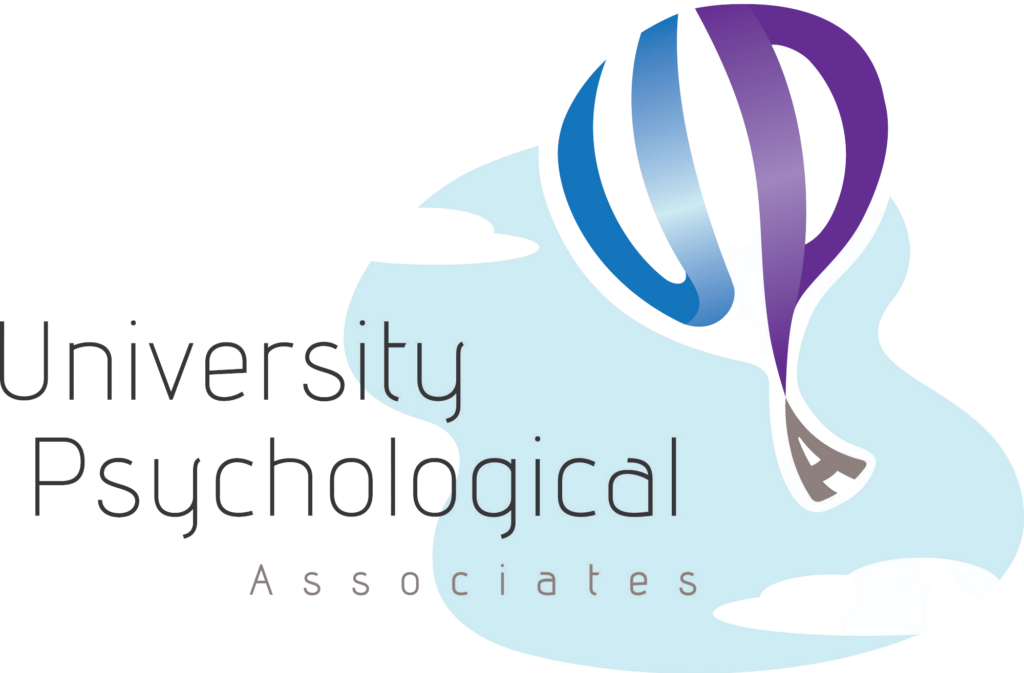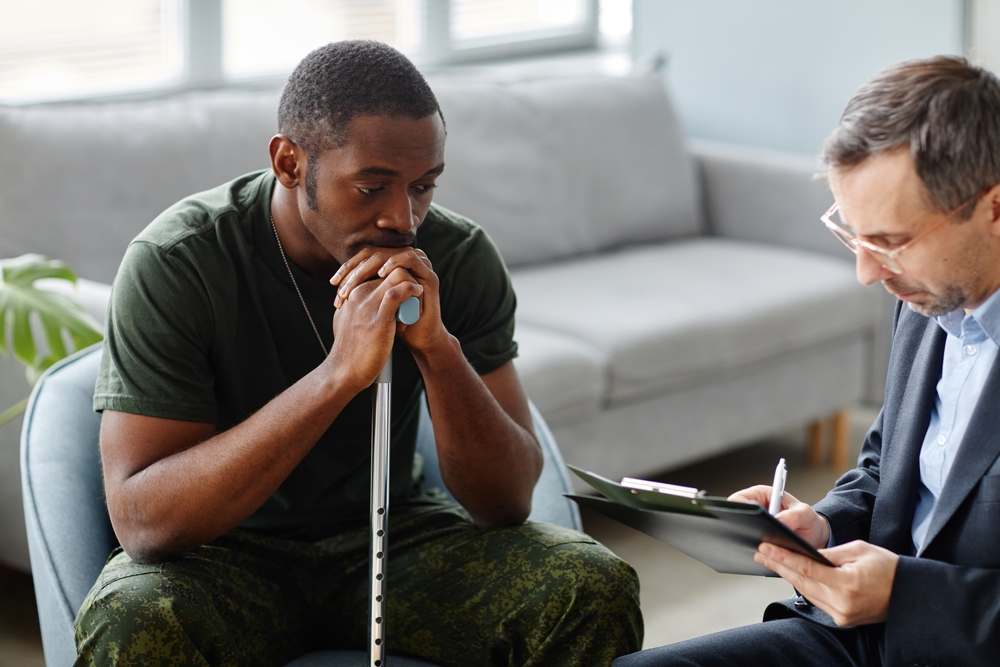At University Psychological Associates, P.A., we provide high-quality, evidence-based trauma treatment services. Based in Charlotte, North Carolina, we aim to empower individuals suffering from trauma-related disorders to regain control of their lives and attain lasting emotional well-being.
Recognizing Trauma Symptoms
Experiencing trauma can be deeply unsettling, often leading to various symptoms that encompass physical, emotional, and cognitive dimensions. Recognizing these signs is a crucial first step toward seeking professional help and beginning the healing process.
Emotional symptoms of trauma may include:
- An overwhelming sense of fear or anxiety
- Persistent feelings of sadness
- Heightened irritability
- A sense of disconnection or numbness
- Invasive and recurring thoughts related to the traumatic event
Physical manifestations of trauma often present as:
- Disturbances in sleep patterns, including insomnia or frequent nightmares
- A racing heartbeat or palpitations
- Persistent fatigue and a general lack of energy
- Various other symptoms related to stress
Cognitive symptoms associated with trauma might encompass the following:
- Difficulty concentrating or focusing on tasks
- Feelings of confusion or disorientation
- A tendency toward negative or pessimistic thought patterns
Behavioral changes can also be indicative of trauma. These might include:
- Avoidance of situations, places, or things that serve as reminders of the traumatic event
- Significant changes in appetite, either decreased or increased
- A noticeable decrease in participation in activities previously enjoyed or regularly engaged in
Understanding these symptoms and their potential link to a traumatic event is essential. However, remember that everyone responds to trauma differently. The presence, absence, or intensity of these symptoms can vary significantly from one person to another. It’s important to seek professional support if you or someone you know exhibits these symptoms following a traumatic event.
The Importance of Trauma Treatment
If left untreated, trauma can have far-reaching consequences, impacting nearly every aspect of an individual’s life. Adverse outcomes may include serious conditions such as post-traumatic stress disorder (PTSD), depression, anxiety disorders, and substance use disorders. In daily life, untreated trauma can disrupt productivity, strain relationships, and hinder overall quality of life. Thus, it becomes essential for individuals experiencing such symptoms to seek the professional support of a qualified therapist.
Engaging in trauma treatment initiates a healing process that enables individuals to reclaim control over their lives. This therapeutic journey, guided by skilled providers, aids in processing traumatic experiences within a secure, supportive environment. Providers teach coping mechanisms and resilience-building strategies, valuable tools that foster a sense of empowerment in those recovering from trauma.
The ultimate objective of trauma therapy is to reduce symptoms, enhance functioning, and fortify overall well-being. Treatment is a bridge from the distressing aftermath of trauma towards a future of improved emotional health and enriched quality of life. It’s important to understand this process’s significance and its potential for transformation.
Our Approach to Trauma Treatment
At University Psychological Associates, P.A., we believe in a personalized, comprehensive approach to trauma treatment. Our providers, specializing in various evidence-based methodologies, craft unique strategies tailored to each individual, fostering healing and resilience.
The treatment process follows a sequence of carefully designed stages:
- Comprehensive Assessment: The journey begins with a thorough assessment to comprehend the nature of the traumatic experience and its impact on the individual’s life. This detailed understanding lets our therapists offer the most suitable, personalized care.
- Creation of Customized Treatment Plan: Based on the comprehensive assessment, the therapist collaborates with the individual to develop a customized treatment plan. This blueprint charts the course of therapy, outlining strategies and objectives tailored to the individual’s needs and goals.
- Cognitive Behavioral Therapy (CBT): CBT is vital to our trauma treatment approach. This modality focuses on challenging and changing unhelpful thinking patterns and behaviors. It aids in improving emotional regulation and helps individuals develop personal coping strategies.
- Eye Movement Desensitization and Reprocessing (EMDR): EMDR is another highly effective tool in our therapeutic arsenal. EMDR has proven effective in treating trauma, helping individuals process and make sense of traumatic experiences. This specialized psychotherapy technique enables individuals to recall traumatic experiences while receiving bilateral sensory input, such as side-to-side eye movements.
- Trauma-focused Psychoeducation: Our providers employ psychoeducation to help individuals understand the nature of trauma and its impacts on the mind and body. This knowledge empowers individuals to become active participants in their recovery journey.
By leveraging these varied approaches, we aim to offer comprehensive, personalized trauma treatment, helping individuals regain control and move towards a more peaceful, resilient future.
Prevention Strategies
While it’s impossible to prevent all traumatic events, certain strategies can minimize the impact of trauma and build resilience. These include maintaining a strong support network, practicing good self-care habits, seeking professional help, and learning healthy coping strategies.
With the proper support and a commitment to the therapeutic process, many people can significantly reduce their trauma symptoms, improve their quality of life, and achieve long-term recovery. It’s important to remember that healing from trauma is a journey that takes time and patience.
At University Psychological Associates, P.A., we are dedicated to supporting you on this journey. Our trauma treatment services offer a compassionate, confidential, and safe environment where you can work toward healing and recovery. Please don’t hesitate to reach out for the support you need. Call us at (704) 547-1483 to begin your healing journey. We believe everyone deserves to live a life free from the burden of unresolved trauma, and our team of qualified therapists is ready to help you achieve that goal. We look forward to providing you with the support and guidance you need to navigate your path to recovery and emotional well-being.
Frequently Asked Questions
Trauma treatment involves therapeutic interventions designed to help individuals heal from deeply distressing or disturbing experiences, manage related symptoms, and improve their quality of life.
We utilize a range of evidence-based therapies, including Cognitive Behavioral Therapy (CBT), Eye Movement Desensitization and Reprocessing (EMDR), trauma-focused psychoeducation, and group therapy.
Symptoms can include emotional signs such as excessive fear, anxiety, or sadness. Physical symptoms like insomnia or a racing heart. Cognitive issues like confusion or concentration difficulties and behavioral changes.
You can reach us by calling (704) 547-1483. Our team is ready to support your healing journey.
With the right support and commitment to the therapeutic process, many individuals can significantly reduce their trauma symptoms, improve their quality of life, and achieve long-term recovery.

